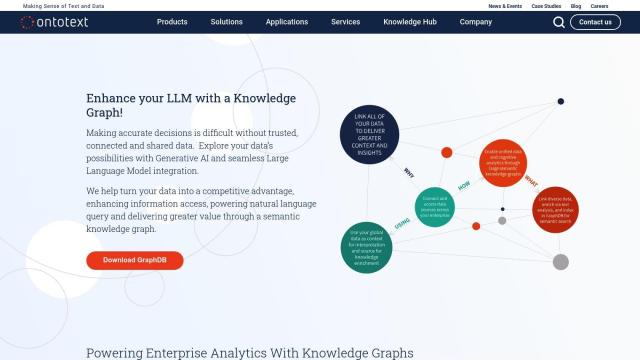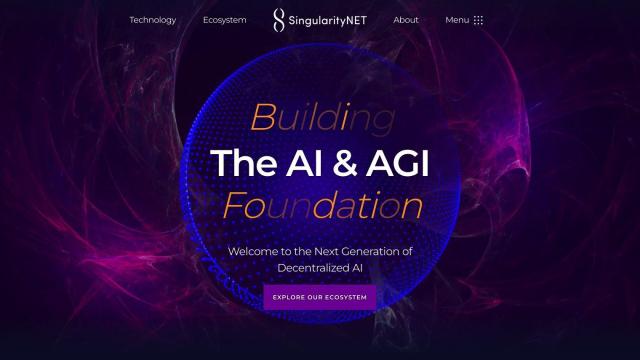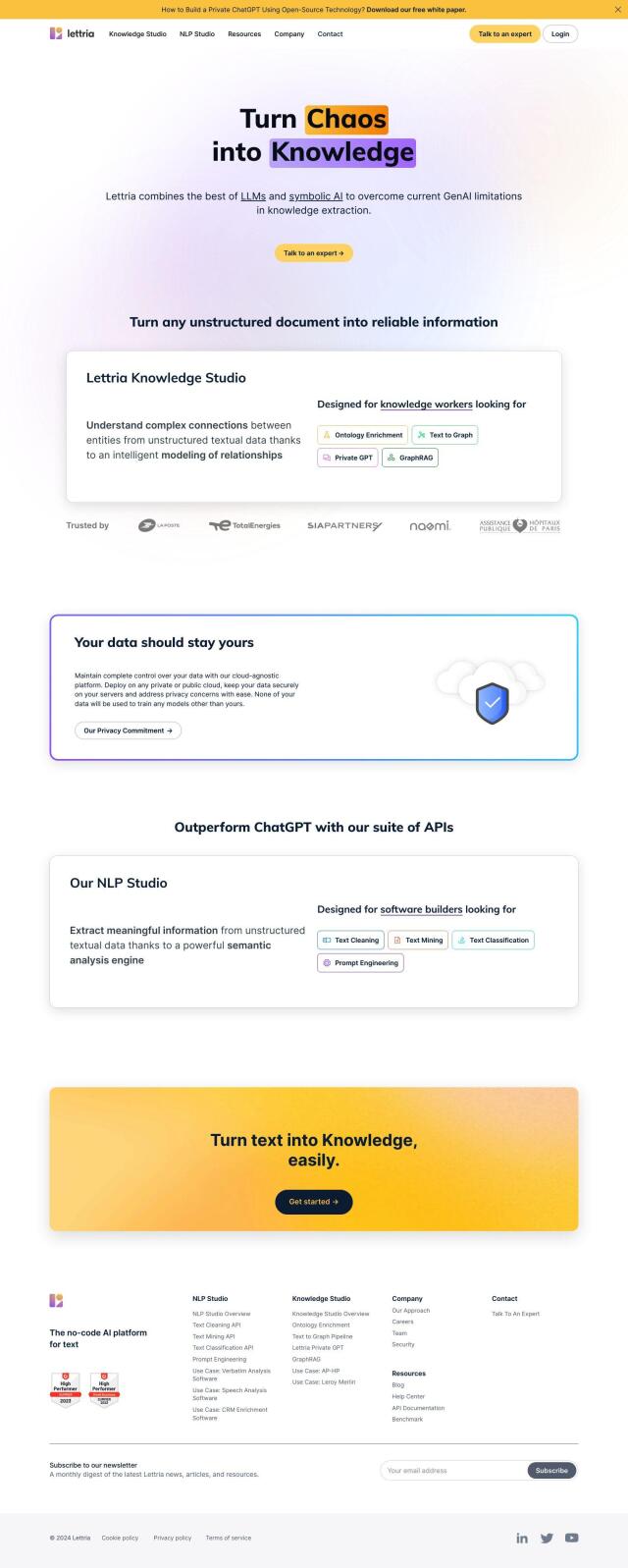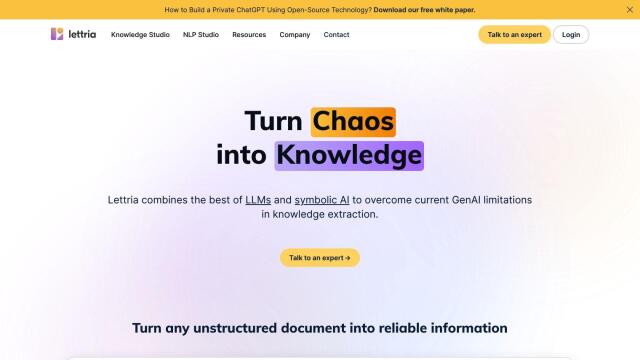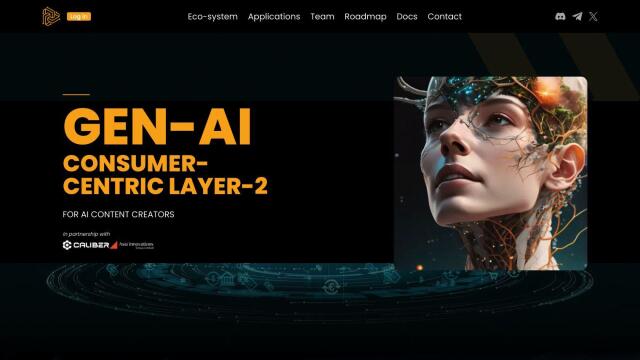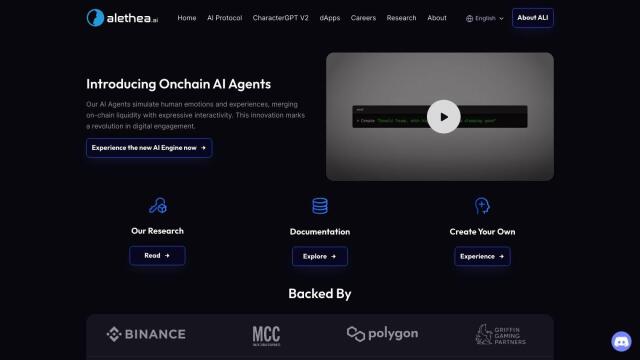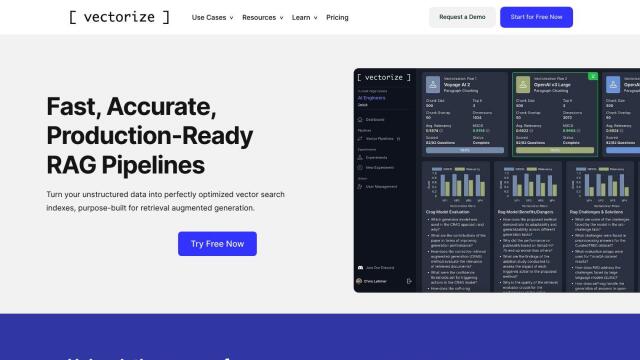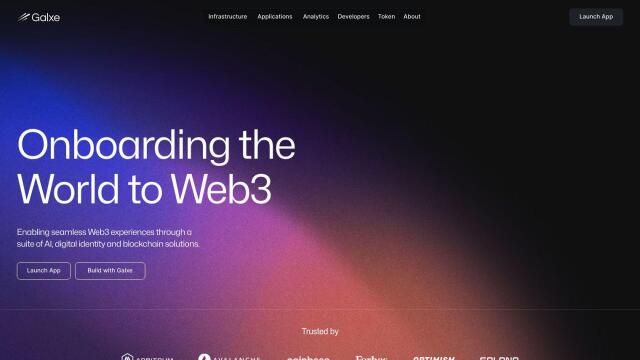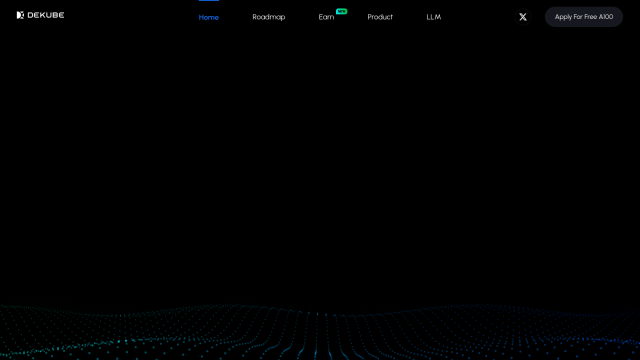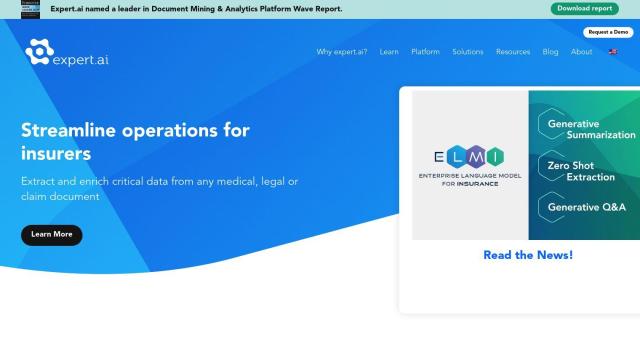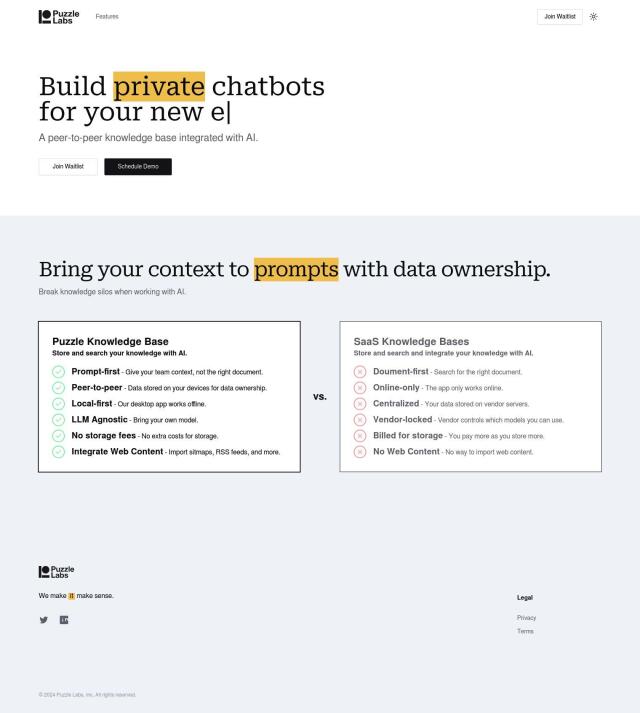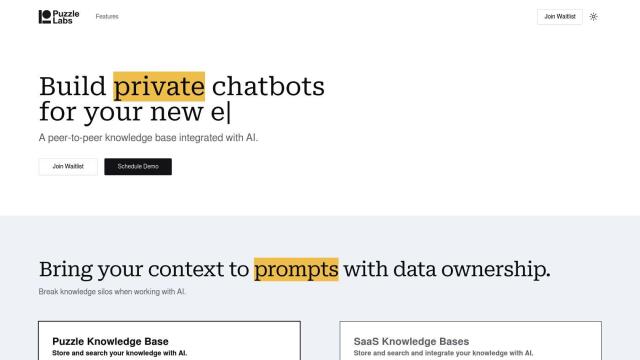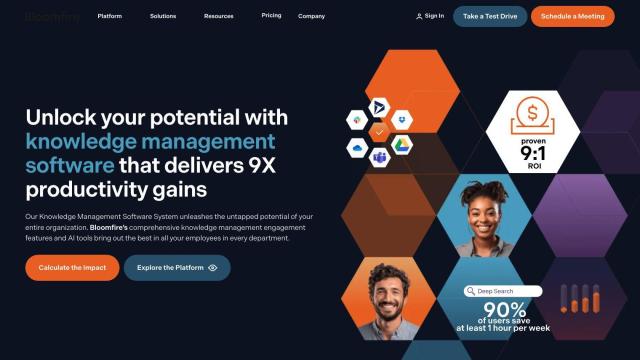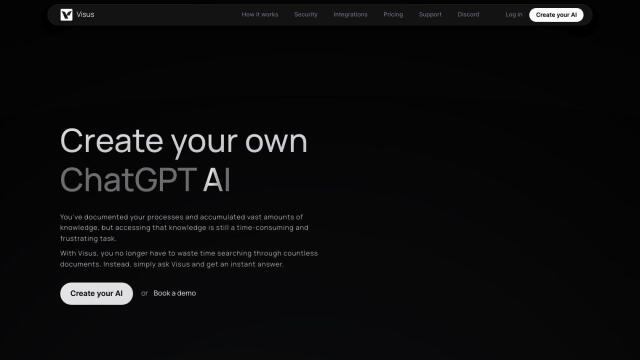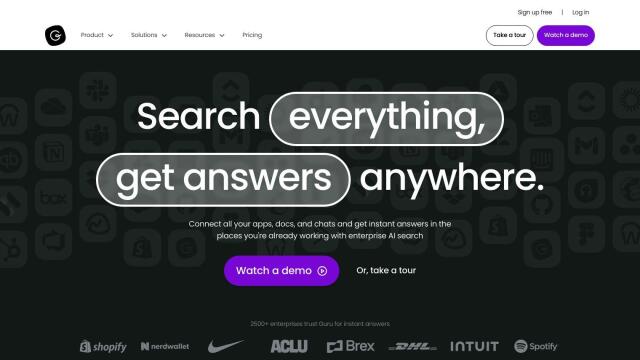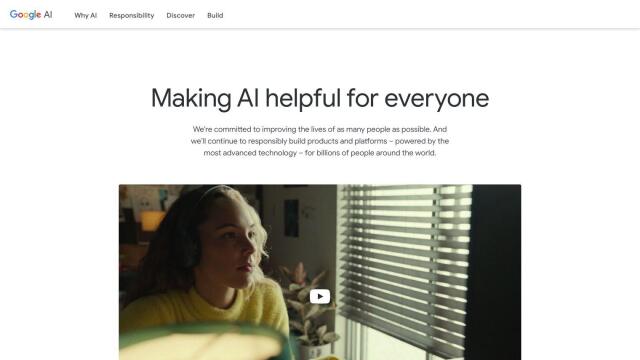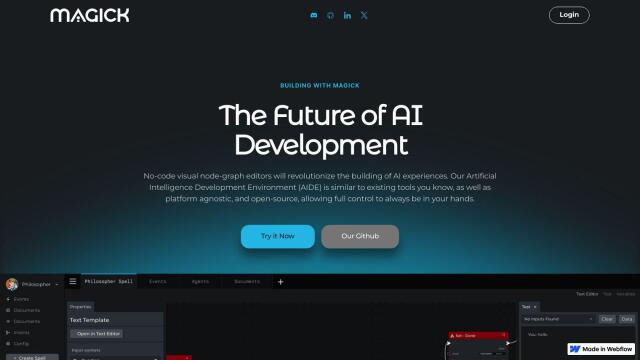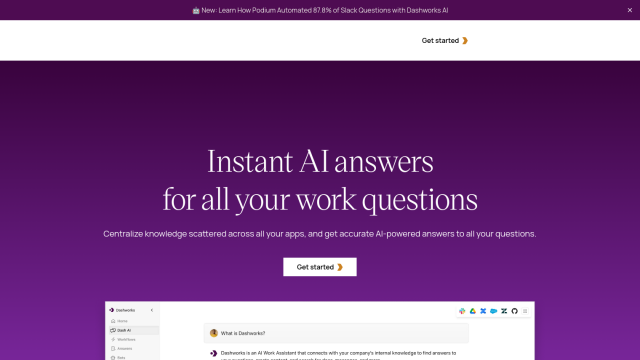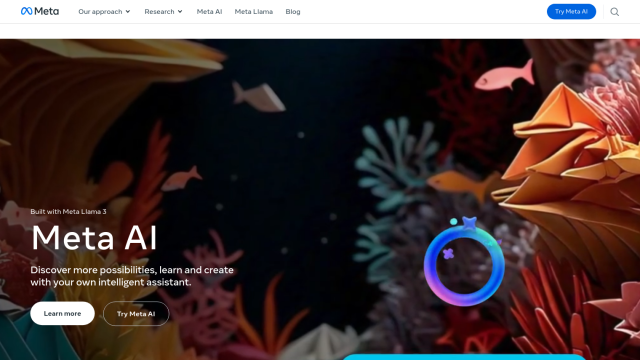Question: Is there a decentralized knowledge graph that can be used to create AI-ready knowledge assets for the metaverse?

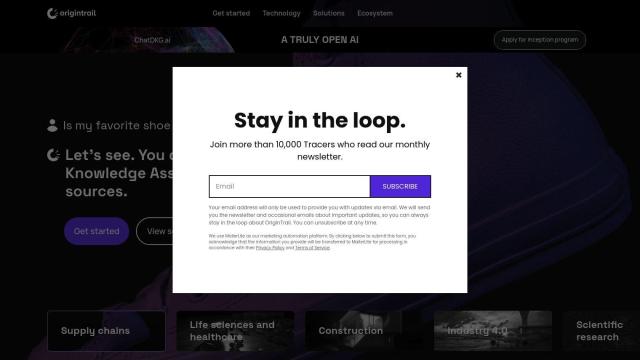
OriginTrail
If you're looking for a decentralized knowledge graph specifically geared for creating AI-consumable knowledge assets for the metaverse, OriginTrail is a top contender. OriginTrail marries blockchain and knowledge graph technology to create verifiable and trustworthy knowledge assets that can be shared at massive scale across industries. Its components include a network operating system for managing knowledge assets, a DKG Explorer for searching and visualizing knowledge, and an AI-boosted semantic search tool called ChatDKG. Its metaverse and other partnerships mean it's a good candidate for helping build a sustainable global economy.

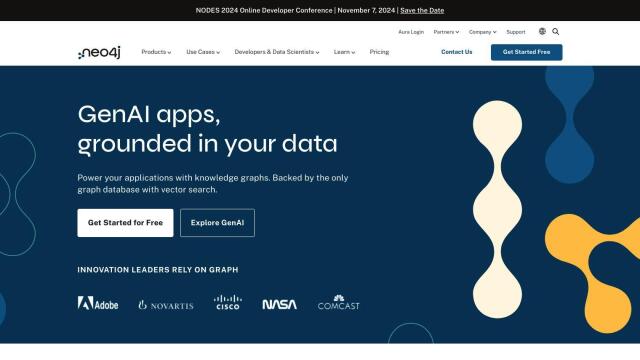
Neo4j
Another contender is Neo4j, a graph data platform with powerful data analysis and AI abilities. It's adaptable to many use cases, but Neo4j's focus on complex data structures and its ability to handle large scale makes it a great fit for knowledge graphs. Its Cypher query interface is simple, and it's got enterprise-strength security, so it's good for developers, data scientists and companies with big data sets that need to be protected.

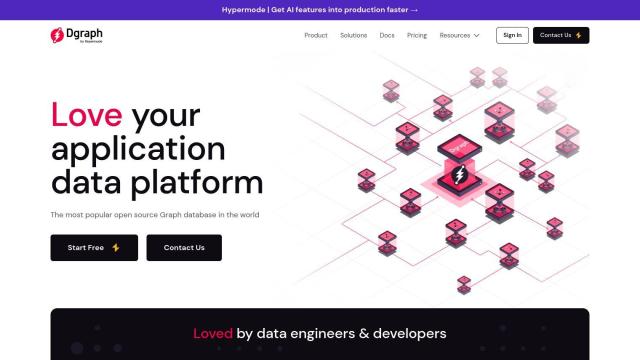
Dgraph
If you want something that's more scalable and fault-tolerant, Dgraph is another option. This distributed graph database is designed to support native GraphQL for high performance and scalability. With features like auto-generated queries, unlimited scale and fault tolerance, Dgraph is well-suited for the complex data relationships of knowledge graphs. It can be deployed on-premises or through cloud services.
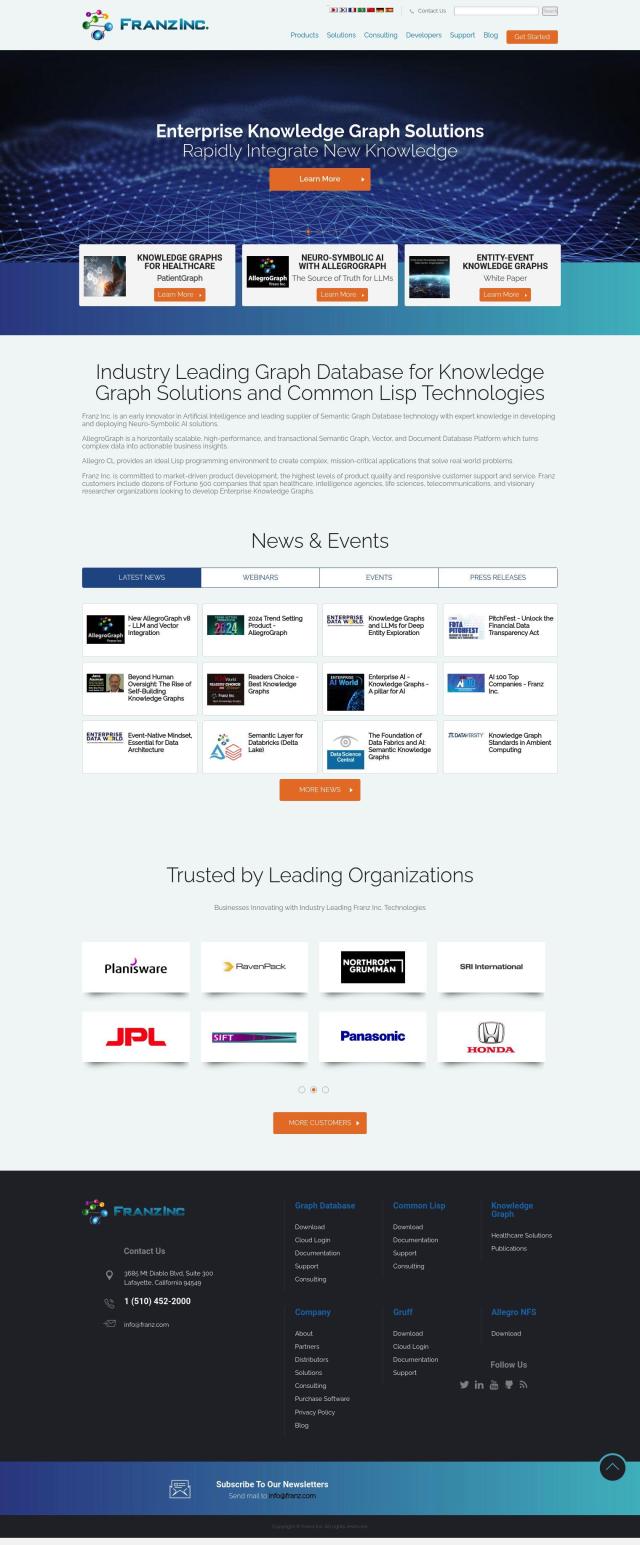
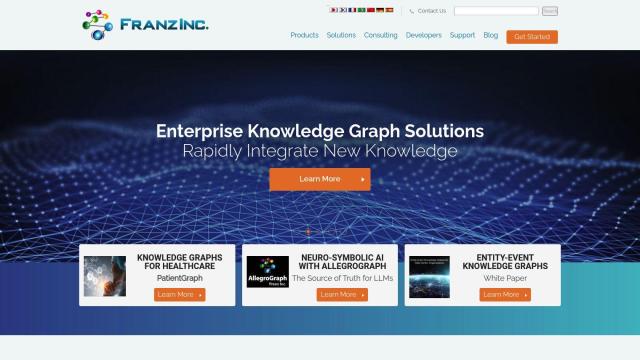
Franz
Last is Franz's AllegroGraph, a high-performance, horizontally scalable graph database. It's designed to integrate large language models and vector storage to turn complex data into business insights. With products like Gruff for visualizing knowledge graphs and Entity-Event Knowledge Graphs for entity-event modeling, AllegroGraph is a good starting point for building Enterprise Knowledge Graphs, as evidenced by its partnerships with Fortune 500 companies.

